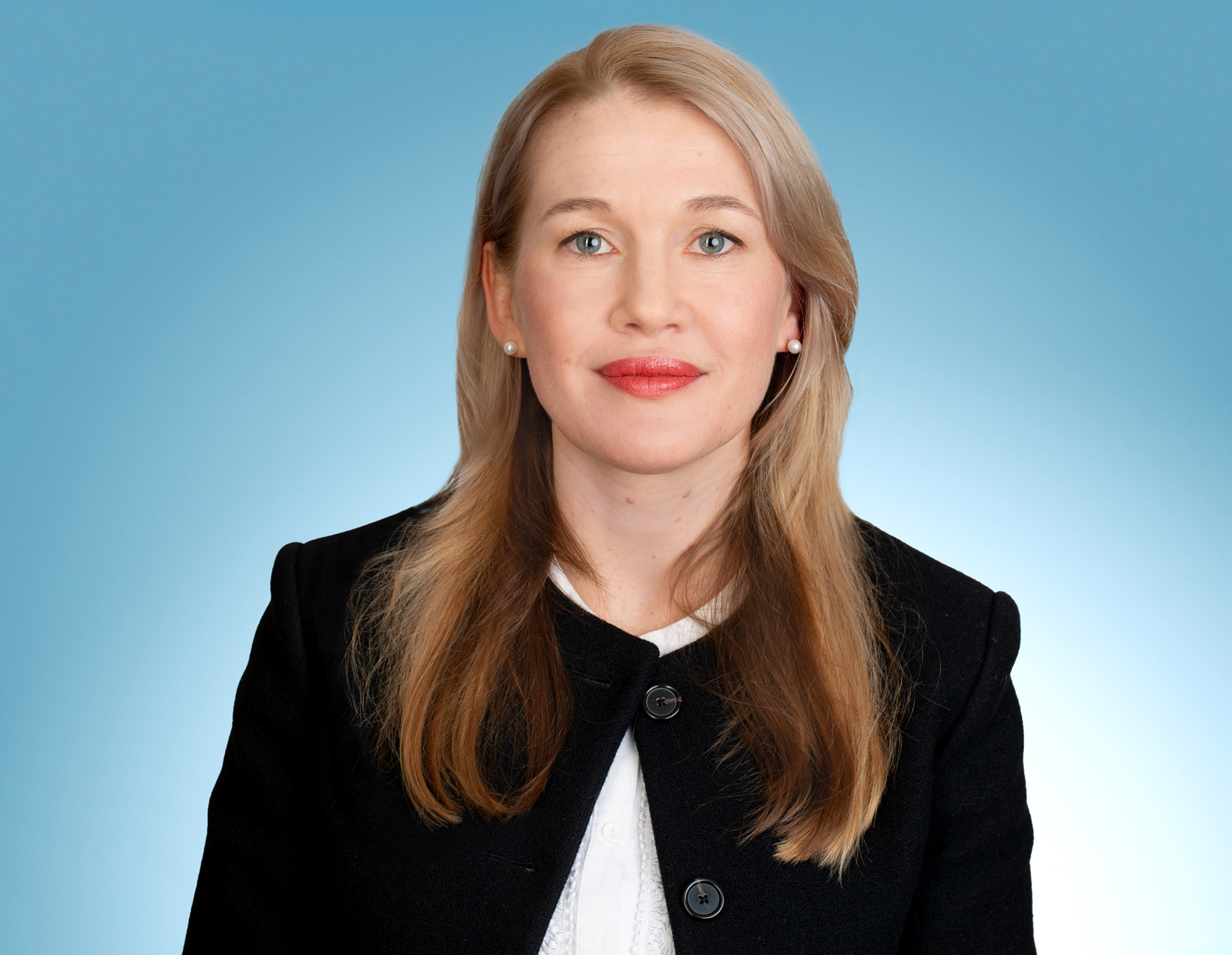Aviation Security Control.
Security is the top priority in aviation. To ensure the safety of everyone – both at the airport and onboard – before every flight, all passengers, luggage, and goods must undergo security screening. At the same time, the focus is on making the processes as efficient as possible to minimize waiting times and maximize comfort for travelers.
Airport Layout
Airports are divided into two areas:
- Landside: This is the public area of the airport that can be accessed without security checks.
- Airside: This includes all the secure areas of the airport – from the gate waiting areas to the airfield with the aircraft. People can only enter this area after passing through the relevant security checks.
Security checks are conducted for those moving from the landside to the airside, such as passengers about to board a flight, airport employees working in secure areas, or goods being sold in airside retail shops.
Checkpoints and Organization
There are three types of security checkpoints at every airport. Responsibility for these checkpoints lies with the Federal Ministry of the Interior and the Federal Ministry of Transport. Oversight is delegated to other authorities, while operational management may be handled by the airports themselves.
Passenger and baggage screening: The organization of passenger and baggage screening is regulated by Section 5 of the Aviation Security Act („Luftsicherheitsgesetz“). The Federal Ministry of the Interior is responsible for this, delegating the task to the Federal Police, the aeronautical authorities of the Federal States, or in some cases, the airport itself.
Employee and goods screening: Screening for personnel and goods falls under Section 8 of the Aviation Security Act and is managed by the aeronautical authorities of the Federal States. Airports carry out these checks and can enlist private security firms for support
Aircraft security screening: Screening of cargo and mail is regulated by Sections 9/9a of the Aviation Security Act. Responsibility lies with the Federal Ministry of Transport and the Luftfahrt-Bundesamt (LBA, Federal Aviation Office), with airlines overseeing the process. This includes aircraft surveillance, monitoring the secure supply chain, and cargo inspections.
Advancements in Aviation Security Checks
Due to the ongoing general terrorist threat, the requirements for passenger and baggage security checks have increased significantly, making the processes more complex. With steadily rising passenger numbers and limited airport infrastructure, improving the efficiency of security checks is crucial. Efficiency gains can be made primarily by increasing the number of passengers screened per hour.
CT Scanners
A key innovation is the use of CT scanners. These scanners reliably detect liquids and electronic devices, meaning that passengers no longer need to remove these items from their carry-on luggage during screening. This significantly reduces waiting times at security checkpoints. CT scanners are increasingly being used at almost all major German airports, with the goal of rolling them out nationwide.
Organization
Some airports in Germany are ready to take over the organization of security checks themselves. On January 1, 2023, Fraport AG became the first German airport operator to assume responsibility for conducting security checks at Frankfurt Airport. Berlin Brandenburg Airport has followed suit in 2024. Other airports are considering adopting this approach. By directly managing security processes, airport operators can respond more quickly and flexibly to current challenges, reducing passenger wait times and saving resources by deploying security personnel where they are most needed.
In principle, aviation security is a governmental responsibility. Supervision, liability, and the approval of security-related equipment must remain with the state. However, the management of the process – such as the selection of companies, the technology used, and the specific procedures – should be more strongly influenced by those managing the on-site operations: the airport operators.
Feel free to contact us …
 Dr. Isabel Weiss
Head of Security
isabel.weiss(at)bdl.aero
+49 30 520077-125
Dr. Isabel Weiss
Head of Security
isabel.weiss(at)bdl.aero
+49 30 520077-125
 Elisabeth Schnell
Press Spokesperson
elisabeth.schnell(at)bdl.aero
+49 30 520077-116
Elisabeth Schnell
Press Spokesperson
elisabeth.schnell(at)bdl.aero
+49 30 520077-116


